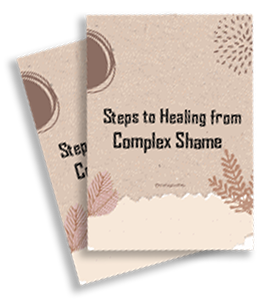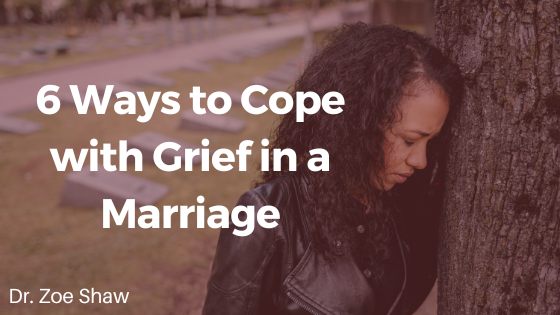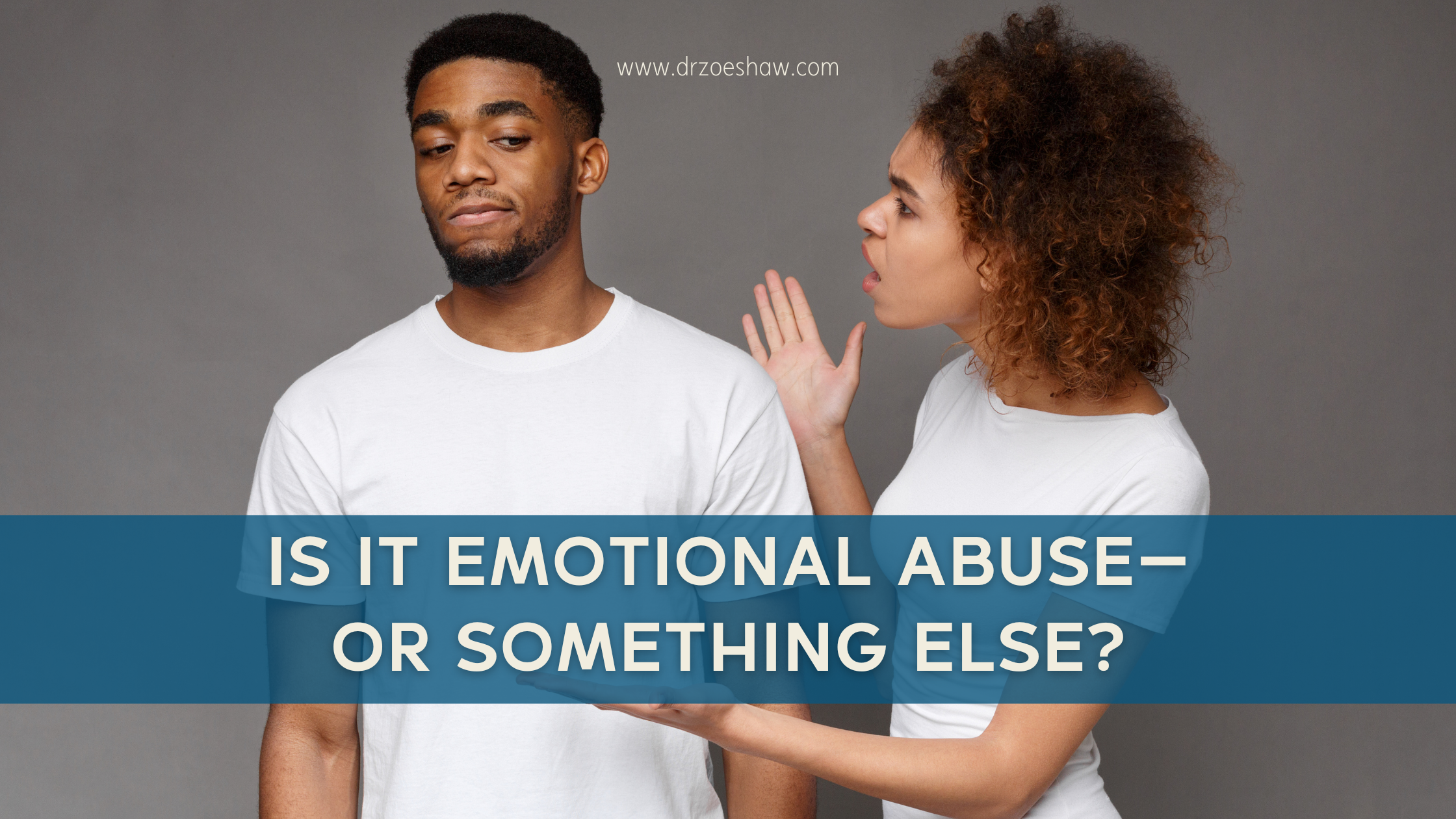Guest Post, written by Sarah Kessler
One of the best parts of marriage is that you face challenges as a team. And one of the hardest things we face in life is the loss of someone we love.
When grief happens, it can affect everything in your life, including (and sometimes especially) your relationship or marriage.
If you are grieving or your spouse has lost someone close to them, you might be wondering how you should expect grief to affect your relationship and how you can protect the health of your marriage.
How Can Grief Affect a Marriage?
First, you might be wondering how the effects of grief can show up in a marriage. Here are a few changes to keep an eye out for, or that you might already be noticing in your relationship.
Decreased emotional and physical intimacy
A very common outcome of grief is a withdrawal from physical touch and emotional intimacy. You or your partner might not be interested in sex or any physical intimacy while grieving, and you may find yourself isolating more emotionally, too.
However, some couples experience the opposite: you might experience an increase in physical intimacy, and you or your partner might feel more emotionally connected as a response to grief.
You can’t get on the same page
Every marriage has days where you just can’t get on the same page at the same time. However, grief can make those days and moments more intense and more frequent.
You might feel like you can’t align with your partner when it comes to your moods, attitudes, and desires. You might experience more miscommunication and fewer “in-sync” moments.
This sense of being out of sync with your partner can leave you both feeling misunderstood and even lonely within your relationship.
It’s important to understand that this is a normal effect of grief, whether just one of you is grieving or both of you have lost someone.
Mountains feel like molehills, or vice-versa
Another change you might notice in your relationship when grief is involved is that little disagreements feel like major issues, or vice-versa.
Every marriage has minor discrepancies–those little battles you usually choose to ignore. Maybe you leave your socks on the floor, or your spouse chews with their mouth open at dinner.
These little issues are always there, and always somewhat bothersome, but when everything is going well, they can fade to the background.
Grief can bring those little issues to the forefront. Suddenly, those socks on the floor or your partner’s obnoxious eating habits feel like issues that need to be resolved right now.
On the other hand, some couples experience the opposite. You might find yourself overlooking little issues that would normally bother you, thinking, “Life is too short.”
You’re learning unexpected things about your partner
If it’s the first time you’re experiencing grief together as partners, you might be seeing your spouse in a new light. Traits may be coming to the forefront that were in the background before, or that you never noticed at all.
This can be a positive or feel like a negative in a relationship, and that can change day by day. Some days you might think, “Who is this person I’m married to?” Others, you may think, “You never stop surprising me.”
6 Tools for Dealing with Grief in Your Relationship
If you’re noticing these or other changes in your relationship as a result of grief, what can you do? Here are six tools to help you maintain the health of your relationship when one or both of you are grieving.
1. Respect how they show grief
Everyone experiences and shows grief differently. The way your spouse expresses his or her grief may be very different from how you do, but that doesn’t make it any less valid.
It’s important to acknowledge and validate your partner’s personal healthy coping mechanisms and respect the ways in which they choose to express grief.
2. Understand that grief has no timeline
You might find yourself getting impatient with your partner if you feel they’ve been grieving for “too long.” However, grief does not have a set timeline. It can gradually lessen over time, or it can come in large ebbs and flows.
Your partner may seem “over it” one day, only to “backslide” the next day. That doesn’t mean they’re not recovering or making progress in their grief. It just means that they’re making their own grief timeline, which is normal and healthy.
3. Keep reaching out
If you or your partner have started to isolate or withdraw due to grief, don’t stop reaching out, physically or emotionally.
Even if it’s uncomfortable at times, it’s important to maintain a level of physical and emotional intimacy when one or both of you are grieving.
4. Rely on your support system
Whether you or your partner is grieving, you may begin to feel like you’re not getting all of the support you need.
After all, it’s not possible to get all of the love, care, and support you need in life from just one person. And it’s not fair to expect that of your partner, especially when grief is involved.
When you or your partner is grieving, reach out to your friends, family members, and other members of your community.
It’s important to spend time with them and talk things through with them to help you feel supported and cared for during such a difficult time.
5. Know that your feelings are valid
Even if you’re not the one grieving, know that this is a traumatic time for both of you in the marriage. Experiencing someone you love going through emotional trauma is traumatic in itself. Take time out for yourself, and know that it’s normal to feel off-kilter when your spouse is grieving.
6. Normalize counseling in your relationship
Whether counseling is something you’ve talked about before or not, make a point of bringing up the topic in a casual and supportive manner with your partner.
Help them to understand that the two of you aren’t in this alone, and that you would support their decision to seek professional counseling, either alone or together.
Weathering the Storm Together
Grief can show you a lot about your partner and about your relationship. Ultimately, it’s one of the life events that will bring you closer together and help you understand one another on a deeper level.
Whether you, your partner, or both of you are grieving, one of the most important factors is time. Patience and understanding can go a long way in helping you to weather the storm together and grow even closer in your marriage.
Sarah is a writer at JoinCake.com, an end-of-life planning website with free resources and information on how to estate plan and honor loved ones’ final wishes.

Subscribe and Heal your Relationships.
You deserve a healthy, loving relationship and it starts with You. Learn how to untangle
Complex Shame™ and co-dependency to finally have the beautiful, secure relationship with
yourself and others that you’ve always wanted.
Subscribe and as a thank you, I’ll send you the Steps to Healing from Complex
Shame™.













